This is Part 2 of our “Behind the Scenes Series” on Emergence and Design. We invite you again to learn more about the speakers and participants you will encounter at the EMCSR 2014 in this area. You can find the coverage of Part 1 on Emergence and Design here.
Speaker profiles include interesting background information, as well as answers to questions we asked them about their fields of research. This is a great opportunity for everyone to learn more about our speakers and the topics of our Meetings on Cybernetics and Systems Research from individual standpoints.
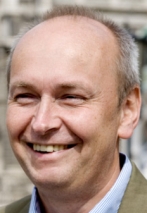 Markus F. Peschl is professor for Cognitive Science and Philosophy of Science at the Department of Philosophy [Research Group Philosophy of Science: Cultures and Technologies of Knowledge], University of Vienna, Austria. He spent several years at the University of California, San Diego (UCSD) and at the University of Sussex.
Markus F. Peschl is professor for Cognitive Science and Philosophy of Science at the Department of Philosophy [Research Group Philosophy of Science: Cultures and Technologies of Knowledge], University of Vienna, Austria. He spent several years at the University of California, San Diego (UCSD) and at the University of Sussex.
Markus has published 6 books and more than 110 papers in international journals and collections. For further information see: http://www.univie.ac.at/knowledge/peschl/
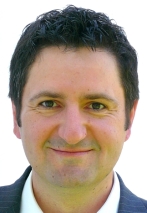 Stefan Blachfellner works internationally as an entrepreneur in business and communication design from Europe to China. Today he also serves the Bertalanffy Center for the Study of Systems Science as Managing Director in Vienna, Austria. He is an active member in several scientific communities dedicated to social and technological innovations. In 2012 he was elected as Vice-President by the IFSR – International Federation for Systems Research. He serves several research journals as supervisory, managing and guest editor, among them “Systema: connecting Matter, Life, Culture and Technology”, the journal which originated from the EMCSR – European Meetings on Cybernetics and Systems Research, which he manages since 2012.
Stefan Blachfellner works internationally as an entrepreneur in business and communication design from Europe to China. Today he also serves the Bertalanffy Center for the Study of Systems Science as Managing Director in Vienna, Austria. He is an active member in several scientific communities dedicated to social and technological innovations. In 2012 he was elected as Vice-President by the IFSR – International Federation for Systems Research. He serves several research journals as supervisory, managing and guest editor, among them “Systema: connecting Matter, Life, Culture and Technology”, the journal which originated from the EMCSR – European Meetings on Cybernetics and Systems Research, which he manages since 2012.
They are the Emergence and Design theme chairs and in their own words: “The questions driving our research and practice and the driving questions of this session´s topic are: How is it possible to create knowledge/innovations that are not only radically new, but also organically fit into and connect to the existing structures and dynamics? In other words, how do we have to design to foster the process of bringing forth radically new knowledge that leads to sustainable and thriving innovations?”
 “Associations for the Reciprocal and Mutual Sharing of Advantages and DisAdvantages” is a theme speech presented by Pierre Bricage. Now retired, he is Vice-President of the French Association for Systemics and Cybernetics AFSCET, Deputy Secretary General of the European Union for Systemics UES-EUS, Member of the Directorate of the World Organisation of Systems and Cybernetics WOSC and Secretary General of the International Academy for Systems and Cybernetic Sciences IASCYS.
“Associations for the Reciprocal and Mutual Sharing of Advantages and DisAdvantages” is a theme speech presented by Pierre Bricage. Now retired, he is Vice-President of the French Association for Systemics and Cybernetics AFSCET, Deputy Secretary General of the European Union for Systemics UES-EUS, Member of the Directorate of the World Organisation of Systems and Cybernetics WOSC and Secretary General of the International Academy for Systems and Cybernetic Sciences IASCYS.
During 40 years, as academic full-time researcher in biochemistry, enzymology, genetics, microbiology, animal physiology, plant physiology and systems analysis, Pierre taught Systems Theories & Micro-Informatics applied to Chemistry, Quality Control, Health and Social Sciences (Societal Engineering and Man’s Societal Environmental Responsibility). He edited or published more than 250 pedagogic or scientific works in more than 20 countries. Since 2000, He is pointing back to Fundamentals in Biology & Systemics with predictive applications in curative vaccines technology (cancer, AIDS).
About ARMSADA, Pierre says “For living systems to survive the only way to escape for a moment from the struggle for life is to enter into an Association for the Reciprocal and Mutual Sharing of Advantages and DisAdvantages (ARMSADA). Man is not an exception! An ARMSADA emerges when the partners simultaneously lose the capacity to kill the other ones: each partner can survive only if the other ones survive first and all that is an advantage for a partner is a disadvantage for the other ones. As “parceners“ they are linked together “for the best and the worst”. Cancer is a breaking of the cell’s ARMSADA. Based on that paradigm, AIDS and cancer curative vaccines are coming in practice. Ecosystems management must take into account that paradigm before any change. Economic and social managements should too…”
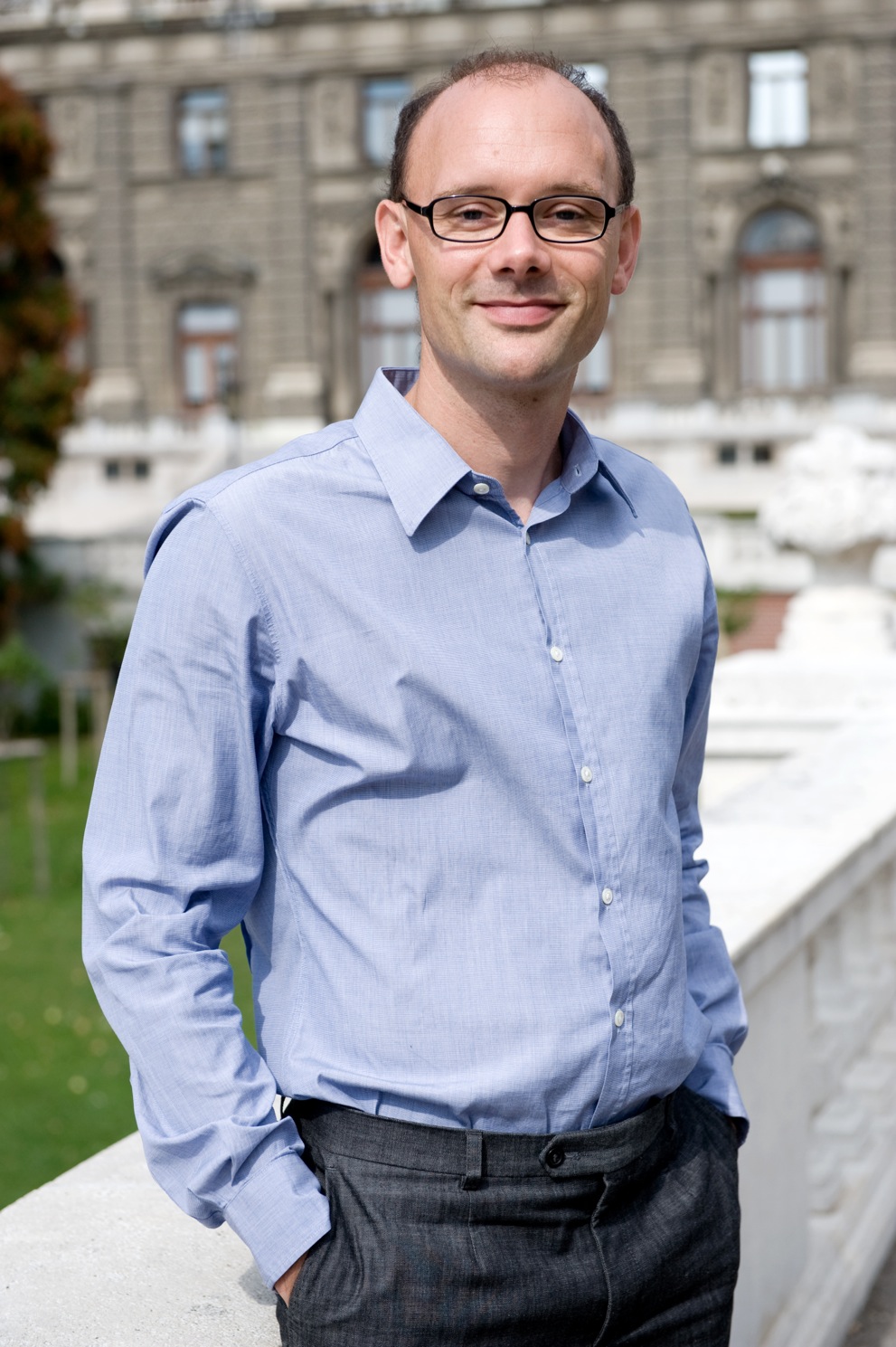 Thomas Fundneider studied Landscape Planning at the University of Bodenkultur in Vienna. For his thesis, he worked one year in South Africa to investigate issues of Urban Design. After a few years of experience as a professional, he studied a general MBA at the Open University Business School, where he focuced on issues of innovation, creativity, change and strategy.
Thomas Fundneider studied Landscape Planning at the University of Bodenkultur in Vienna. For his thesis, he worked one year in South Africa to investigate issues of Urban Design. After a few years of experience as a professional, he studied a general MBA at the Open University Business School, where he focuced on issues of innovation, creativity, change and strategy.
After several years working in the multimedia industry, Thomas headed a private research and development lab that developed software for the Internet and for telecommunication companies. In 2005, he started the consulting company tf consulting, specializing in innovation and strategy design. In 2012, he co-founded the innovation agency theLivingCore GmbH, focussing on radical innovation and Enabling Spaces. He is actively involved in several Austrian start-up activities as well as regularly lectures at Universities (Universität der Künste, Berlin; Johannes Kepler Universität, Linz; etc.)
At EMCSR, Thomas is symposium chair on Emergent Design that will cover design/innovation theory, models and methods/tools of exploration, participation and testing. The participants will work on the exploration, definition and update of the needed interface between systems science and design practice, guided by the workshop chairs.
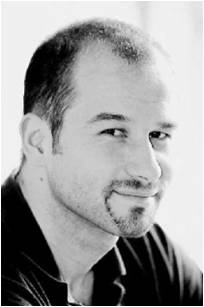 Ernst Gebetsroither-Geringer has been working as a Scientist at the Austrian Institute of Technology GmbH (AIT), Energy Department, since 1999. He studied music research and history of art (1990-1991), ecology (biology) (1991-1997) and mathematics and physics (1998-1999), all at the University of Vienna. In his PhD studies he focused on the combination of multi-agent system and system dynamics modelling (2007-2010) at the Mathematics Institute of the University of Klagenfurt (his PhD:“ Combining Multi-Agent Systems Modelling and System Dynamics Modelling in theory and practice.”). He has about 15 years of experience in modelling and simulation and works as a lecturer in this field at the University Vienna. Within 2007-2008 he was funded to work at the Institute of Artificial Intelligence (IIIA) of the „Universidad Autónoma de Barcelona” where he worked on agent-based simulation. Since 2010 he also lectures at the University Graz at the Institute for Systems Science, Innovation & Sustainability Research (ISIS). His main focus of expertise is in modelling and simulation combining different methods with the integrating GIS data.
Ernst Gebetsroither-Geringer has been working as a Scientist at the Austrian Institute of Technology GmbH (AIT), Energy Department, since 1999. He studied music research and history of art (1990-1991), ecology (biology) (1991-1997) and mathematics and physics (1998-1999), all at the University of Vienna. In his PhD studies he focused on the combination of multi-agent system and system dynamics modelling (2007-2010) at the Mathematics Institute of the University of Klagenfurt (his PhD:“ Combining Multi-Agent Systems Modelling and System Dynamics Modelling in theory and practice.”). He has about 15 years of experience in modelling and simulation and works as a lecturer in this field at the University Vienna. Within 2007-2008 he was funded to work at the Institute of Artificial Intelligence (IIIA) of the „Universidad Autónoma de Barcelona” where he worked on agent-based simulation. Since 2010 he also lectures at the University Graz at the Institute for Systems Science, Innovation & Sustainability Research (ISIS). His main focus of expertise is in modelling and simulation combining different methods with the integrating GIS data.
Ernst is symposium chair on Urban Systems Research and in his own words “Urban systems research is key to understanding how the vast majority of human beings live together, under various circumstances, with varying developments of cities and their surroundings. For developing our cities further, it is important to understand which suggested changes, e.g., for a transition to a sustainable energy system or a so called low carbon society, may work or not, and why. Our symposium will provide a platform for discussion about modelling approaches to complex urban systems. It is open for a more critical view on what current modelling and simulation approaches can deliver and how we can accelerate developments now.”
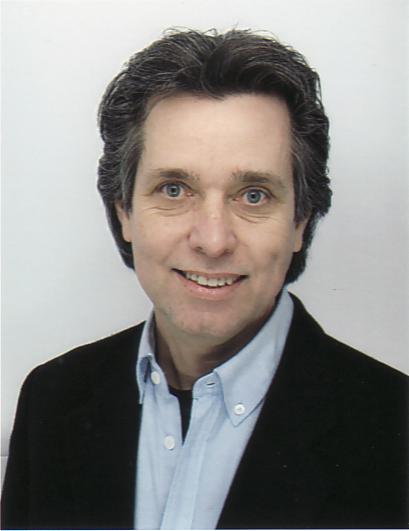 David Rousseau is the Director of the Centre for Systems Philosophy, Editor-in-Chief of the peer-reviewed open-access journal “Systema: connecting Matter, Life, Culture and Technology”, a Visiting Fellow at Centre for Systems Studies and a member of the Centre for Spirituality Studies, both at the University of Hull. He is an Honorary Research Fellow in the Alister Hardy Religious Experience Research Centre in the University of Wales, and an Executive Member of the British Association for the Study of Spirituality. He is a Fellow of the Royal Society for the encouragement of Arts, Manufactures and Commerce (RSA).
David Rousseau is the Director of the Centre for Systems Philosophy, Editor-in-Chief of the peer-reviewed open-access journal “Systema: connecting Matter, Life, Culture and Technology”, a Visiting Fellow at Centre for Systems Studies and a member of the Centre for Spirituality Studies, both at the University of Hull. He is an Honorary Research Fellow in the Alister Hardy Religious Experience Research Centre in the University of Wales, and an Executive Member of the British Association for the Study of Spirituality. He is a Fellow of the Royal Society for the encouragement of Arts, Manufactures and Commerce (RSA).
Website: http://www.systemsphilosophy.org/david-rousseau.htm
David is the symposium chair of Bertalanffy and beyond: improving Systemics for a better future and in his own words: “I think that systems thinking can help us build a flourishing world, and indeed is essential for such an effort. However, the Systemics we have today are not sufficient for this task, and the Systems Movement is highly fragmented. This symposium will bring together people who have ideas about how to remove barriers, illuminate our worldviews, connect across the boundaries, and find practical ways forward. They will guide a conversation that bodes well to be a seminal event from which a new era of systemic exploration and service can unfold. Join us, help us, and be part of the exciting and important journey that will start here.”



